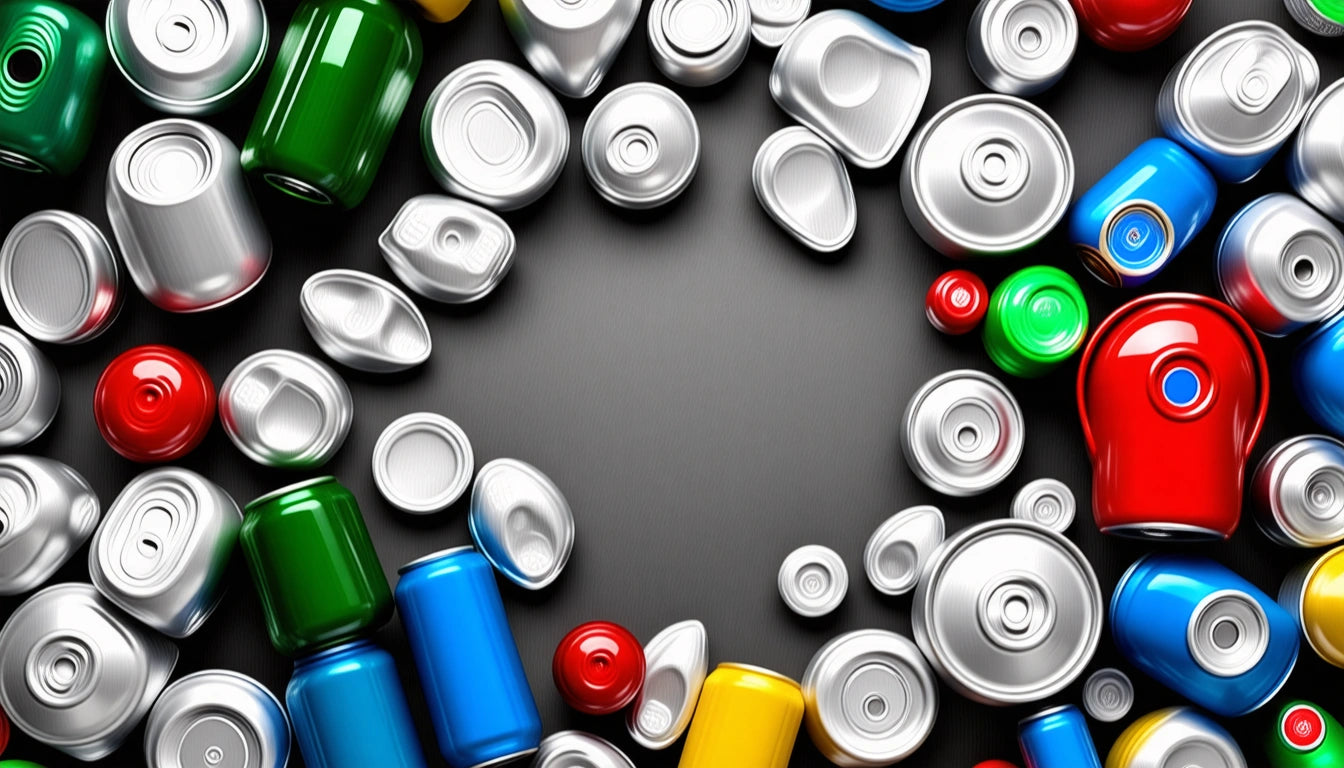Understanding Recycling: From Aluminum Cans to Digital Bins
Recycling has become an essential practice in our daily lives, whether we're tossing an aluminum can into a blue bin or recovering deleted files from our computer's recycle bin. Despite its prevalence, many people still ask fundamental questions like "how to recycle" various materials or "what does it mean to recycle" in practical terms. This comprehensive guide addresses these questions while exploring both physical and digital recycling processes.
What Does It Mean to Recycle: Basic Principles
At its core, recycling means processing used materials into new products to prevent waste of potentially useful resources. When you ask "what does it mean recycle," you're inquiring about a process that reduces raw material consumption, energy usage, air pollution, and water pollution.
Recycling operates on three fundamental principles, often referred to as the "three Rs":
- Reduce - Minimizing waste generation
- Reuse - Using items multiple times before discarding
- Recycle - Converting waste into new materials and objects
According to this guide on recycling symbols, understanding the various recycling codes and symbols is crucial for proper sorting and processing of recyclable materials.
How to Recycle Common Materials
Learning how to recycle properly requires understanding which materials can be recycled and how they should be prepared. Let's explore some common recyclables.
Aluminum Can Recycling
If you're wondering about alum can recycle processes, you'll be pleased to know that aluminum cans are among the most efficiently recycled materials. Nearly 75% of all aluminum ever produced is still in use today. To properly recycle aluminum cans:
- Empty and rinse the cans
- Crush them if your local recycling program requests it
- Place them in your recycling bin
When considering packaging options for various products, many businesses are turning to recyclable alternatives. For instance, some companies use durable storage bags with recyclable components to minimize environmental impact while maintaining product integrity.
Paper and Cardboard Recycling
Paper products constitute a significant portion of municipal solid waste. This comprehensive guide on cardboard recycling explains that cardboard can be recycled multiple times before the fibers become too short to be useful.
For effective paper recycling:
- Remove any plastic wrapping, tape, or non-paper elements
- Break down cardboard boxes to save space
- Keep paper dry and clean
- Separate glossy paper from regular paper if required by your local program
Plastic Recycling
Plastic recycling presents unique challenges due to the various types of plastic. When people search for "how 2 recycle" plastic items, they often encounter confusion about which plastics are recyclable in their area.
Most recycling programs accept plastics labeled with codes 1 (PET) and 2 (HDPE). However, the reality of global recycling reveals that many plastics, especially those with codes 3-7, have limited recycling infrastructure.
Digital Recycling: Finding and Using Your Computer's Recycle Bin
The concept of recycling extends to the digital world. Many users search "where is my recycle bin on my computer" when they can't locate this essential feature.
On Windows computers, the Recycle Bin is typically located on the desktop. If you can't find it:
- Check if desktop icons are hidden (right-click desktop > View > Show desktop icons)
- Search for "Recycle Bin" in the Windows search bar
- Check if it was accidentally deleted (restore default desktop icons through Settings)
On Mac computers, the equivalent is called the Trash, usually found in the Dock. For Chromebooks and Linux systems, similar functions exist but may have different names.
Understanding how to use your digital recycle bin properly can help prevent permanent data loss and maintain digital organization.
Recycling Challenges and Misconceptions
Despite widespread recycling programs, challenges persist. This comparison of recycling and composting highlights that not all materials are equally recyclable.
Common recycling misconceptions include:
- All plastics are recyclable (false)
- Items with recycling symbols are always accepted by local programs (false)
- Recycling solves all waste problems (false)
- Contaminated materials can still be recycled (generally false)
Special materials like foam packaging present particular recycling challenges and often require specialized facilities.
The Future of Recycling: Innovations and Best Practices
As recycling technology advances, new solutions emerge to address current limitations. Chemical recycling processes are being developed to handle previously non-recyclable plastics. AI-powered sorting systems are improving the efficiency of recycling facilities.
For individuals wondering "how 2 recycle" more effectively, best practices include:
- Research local recycling guidelines
- Clean containers before recycling
- Avoid "wishcycling" (placing non-recyclable items in recycling bins hoping they'll be recycled)
- Support brands using recyclable packaging
- Consider the entire lifecycle of products before purchasing
The future of recycling depends on both technological innovation and individual commitment to proper waste management practices. By understanding what recycling means and how to do it correctly, we can all contribute to a more sustainable world.











Leave a comment
All comments are moderated before being published.
This site is protected by hCaptcha and the hCaptcha Privacy Policy and Terms of Service apply.